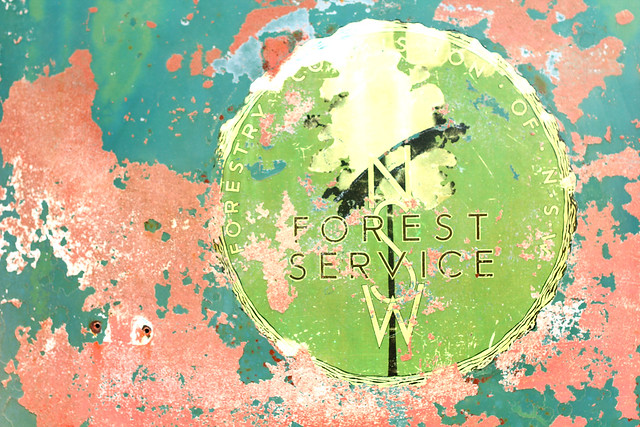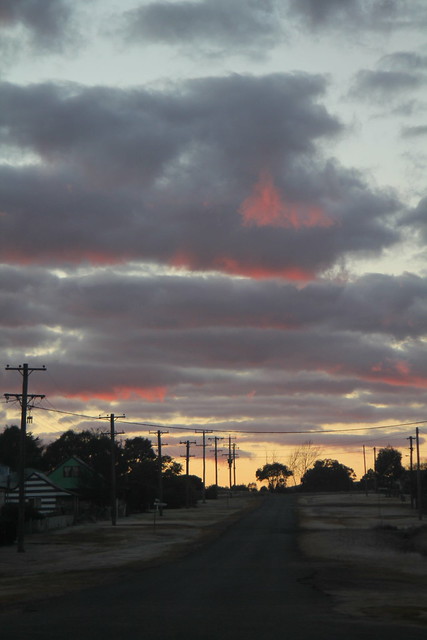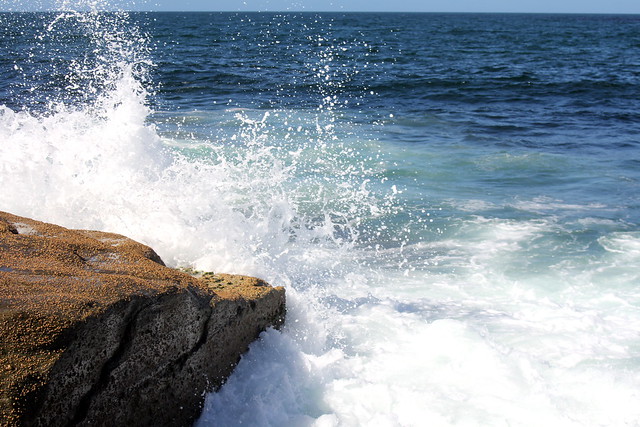Images @ Eminpee Fotography
Pages
▼
Friday, December 29, 2017
"Ever since happiness heard your name, it has been running through the streets trying to find you."
~ Hafiz ~
Happiness - Happiness is chasing me. This surely makes me smile. When my first child was still safely in my womb and growing obviously myself and my babies father didn't know if the baby was a boy or a girl. We decided to call the baby "Happiness". This solved a lot of problems..
Images @ Eminpee Fotography
Images @ Eminpee Fotography
Thursday, December 21, 2017
Our blood flows with the veins of the cosmos and our heart beats with the pulse of the cosmos.
~ Alexander Chizhevsky ~
(pictured) Angourie Beach where I felt the pulse of the mothers heart.
Images @ Eminpee Fotography
(pictured) Angourie Beach where I felt the pulse of the mothers heart.
Images @ Eminpee Fotography
Sunday, December 10, 2017
"Adults are obsolete Children"
~ Theo Van Geisel ~
Images @ Eminpee Fotography
Theo Van Geisel is better known to the world as the children's author. . . . Dr Seuss
Images @ Eminpee Fotography
Saturday, December 9, 2017
'Everybody knows it's coming apart'.
Leonard Cohen ...


The builder is coming, everything is apart and in different rooms. Its quite disconcerting being in chaos. I would be better off camping in the back yard. It will all be finished and for that I am so grateful so I must suck it up.
Saturday, December 2, 2017
False riches, consisting of money, houses and lands, acquired by selfish means at cost to others and thereafter used selfishly, are almost always used for the oppression of other persons.
~ Joseph Franklin Rutherford ~
This town / city known as Armidale pictured above is the land of the Anaiwan people. The desire driven by greed and the laying up of riches at the destruction of the traditional caretakers is genocide. Stripped of everything even their language the Anaiwan people have an open wound that will be hard if not impossible to amend because of the past actions of the Colonists.
The following transcript by Dr N Reid (UNE) explains a lot.
https://www.une.edu.au/about-une/academic-schools/bcss/news-and-events/linguistics-community-activities/a-language-lost-in-time
I would wonder myself if the Language name of the nation"Nganyaywana" (Anaiwan) is the word for "No" as it is in so many other nations across the land known now as Australia.
Images @ Eminpee Fotography
This town / city known as Armidale pictured above is the land of the Anaiwan people. The desire driven by greed and the laying up of riches at the destruction of the traditional caretakers is genocide. Stripped of everything even their language the Anaiwan people have an open wound that will be hard if not impossible to amend because of the past actions of the Colonists.
The following transcript by Dr N Reid (UNE) explains a lot.
https://www.une.edu.au/about-une/academic-schools/bcss/news-and-events/linguistics-community-activities/a-language-lost-in-time
A language lost in time
Dr Nicholas Reid, UNE Linguistics
Appeared in TONGUE TALKS
Armidale Express Extra newspaper 16 April 2014
Massive disruption to the social lives of local Aboriginal people brought about by disease and lost lands had a devastating impact on Anaiwan culture, and one of the great losses was a unique tongue. The language originally belonging to the area around Armidale is Anaiwan. You've probably seen it on signs, and possibly also noticed variant spellings like Anewan, Aniwan, or Enneewin. We've good reasons to think the name was once Nganyaywana. Although this language has not been actively spoken for a few generations now, Frank Archibald, one of the last people with good memories of Anaiwan, explained to the linguist Terry Crowley that the language name "began with the ng sound ... the next syllable began with the ny-sound (as in 'onion')... with the vowel of 'hay' ... the word could either end in n or na ... and the stress was quite strongly placed on this ay sound - so it should sound like nga-NYAY-wa-na or nga-NYAY-wan." This is probably the word that the variant spellings above were trying to represent.
You'll notice that the most common modern spelling, Anaiwan, is not only shorter, but distinctively misses the initial ng sound. English does not allow words to begin with the ng sound, so English speakers often fail to hear ng at the beginnings of Aboriginal words. This might be a contributing factor to the reduction of Nganyaywana to Anaiwan, but there's also an indigenous influence because Nganyaywana was already naturally losing its word-initial sounds. If you compare its vocabulary with neighbouring coastal languages like Gumbayngirr and Dhunggadi, you'll find many examples of words like coastal mila 'eye' corresponding to ila in Nganyaywana. It might seem an odd thing to do, but linguists who study language change will tell you that this is a very common kind of sound change for a language to undergo. Where a language puts emphatic stress on the second syllable, as we saw in nga-NYAY-wa-na, then it follows that the first syllable becomes weaker, and often disappears entirely. For a more familiar example, note the English reduction of 'amend' to 'mend', and we can even see this force at work across words in the reduction of 'God's truth' to 'strewth'.
The net result of these sound changes was that Nganyaywana words look radically different to their neighbours' words. There was a time back in the 1970s before these changes were well understood, when linguists got all excited because Nganyaywana looked like an 'isolate language'. Like Basque on the Spanish/French border which is unrelated to all other European languages, it looked briefly as though Australia had its own isolate language mysteriously trapped on the northern tablelands. But now we understand that the words are indeed related, just subject to systematic rules by which the earlier more similar forms can be reconstructed. So the transition of old Nganyaywana to modern Anaiwan is thus not as odd as it might at first seem.
Anaiwan was once a full language that did what all human languages do - convey complex culture, and be a vehicle for rich metaphor, humour, and intellect. Today Anaiwan is one of the least known of Australia's 250 indigenous languages. Less than 300 words are recorded, and we know only the briefest fragments of its grammar. Neighbouring languages like Gamilaraay to the west and Gumbayngirr to the east have extensive dictionaries, well understood grammars, and are taught in several schools. Here though, while we can salvage a few words as street or committee names, put together a simple welcome ritual, perhaps even construct a few rudimentary conversational exchanges, the greater resources that could underpin full language learning do not exist. I sometime sit in the creekland parks and try to imagine the ringing laughter, shouts and talk of Anaiwan people trickling down from north and south hills. But the resounding hush only highlights the linguistic richness that could have be Armidale's. I cannot begin to imagine what it's like for Anaiwan themselves to live with the loss of such treasure.
Images @ Eminpee Fotography



